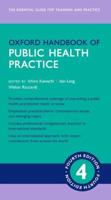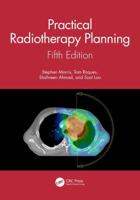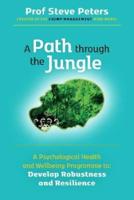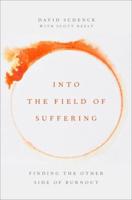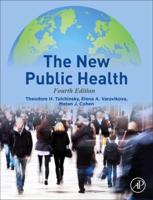Publisher's Synopsis
Reduced production of DHEA associated with the diseases that accompany aging has led to its use as a nutritional supplement for antiaging, metabolic support, and other purposes. While animal studies have clearly shown substantial benefits of DHEA in combating various disease states, the effect of low levels of DHEA in humans is less established, and the mechanisms of action and potential involvement in illnesses remain unclear. DHEA in Human Health and Aging reviews the past ten years of research into this hormone and explores its potential for future study.With contributions from a cadre of international experts, this volume examines: The biology of DHEA relevant to health in humans Areas of potential clinical importance concerning low levels of DHEA related to age or physiological change Prevention as well as treatment of various human disease states by changing DHEA levels The use of DHEA levels in predicting the risk of disease The role of DHEA in diabetes, fitness, infectious disease, cancer, AIDS, bone health, cardiovascular diseases, autism, and mental health Animal models and their relation to studies done on humans The effects of loss of adrenal gland function, the subsequent reduction in DHEA production, and its replacement as therapy Adverse effects in DHEA-supplemented women Mechanisms of action of DHEA in prostate and ovarian health, vascular modification, stress, memory, aggression, and Alzheimer's disease Covering a wide range of topics, the book is compiled from contributions of experts who have each studied some aspect of DHEA and human or animal health or disease. Every chapter is self-contained, allowing for focused study on individual topics. Edited by one of the leading experts in the field of nutrition, the book presents a compelling view of the state of the science in DHEA.


